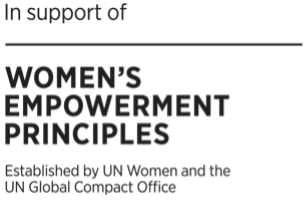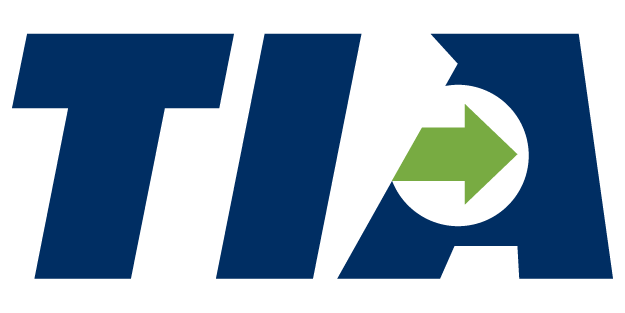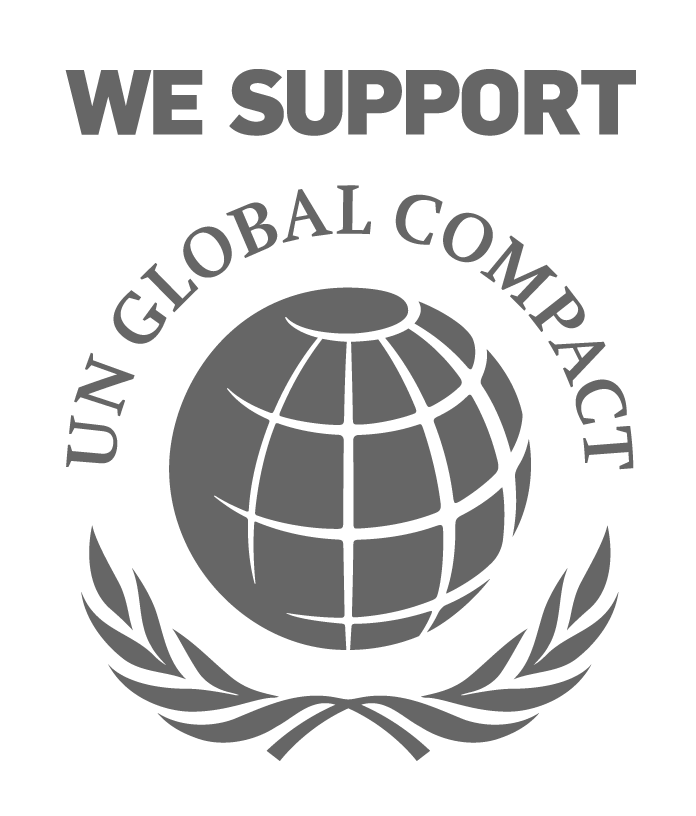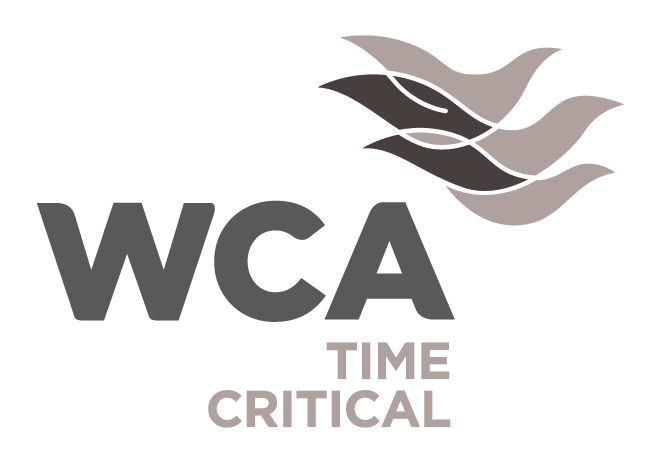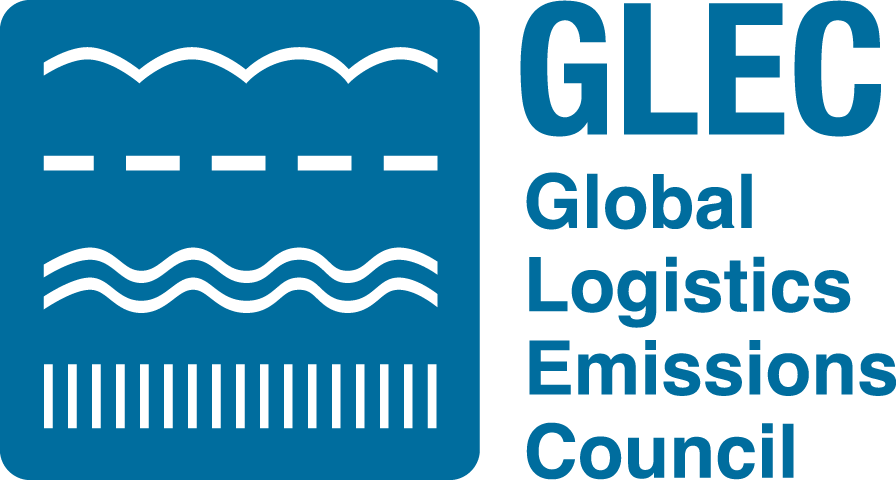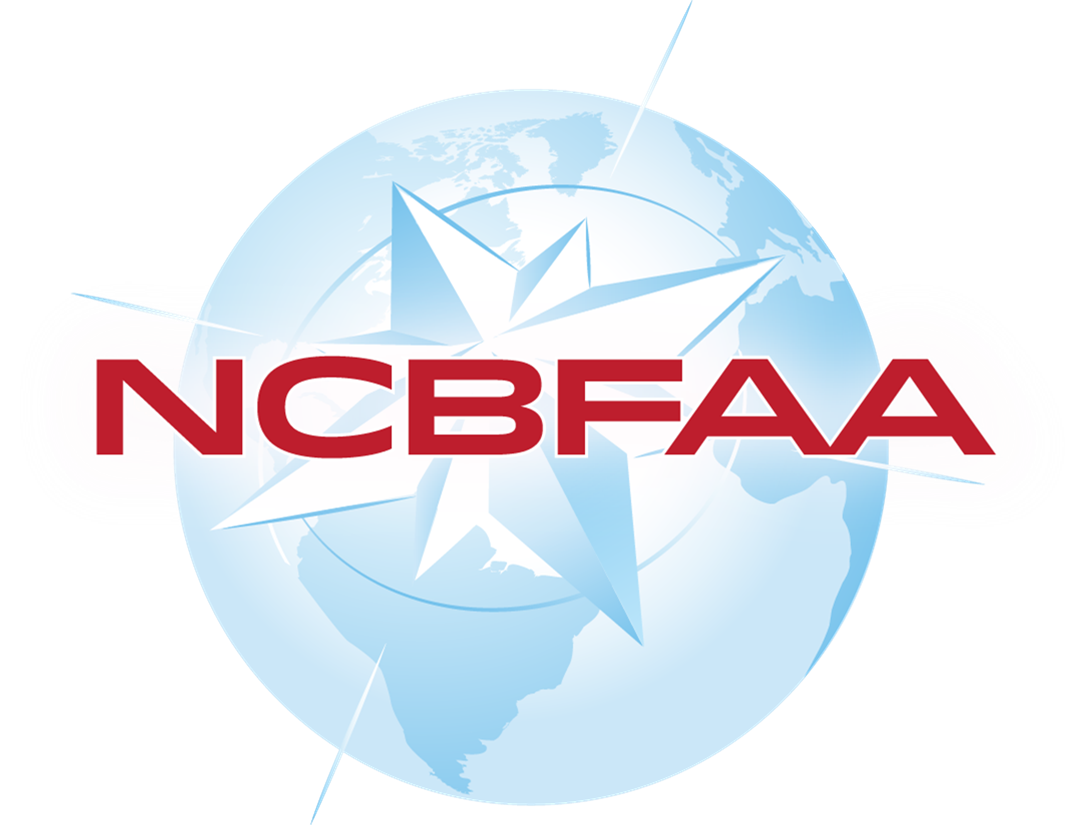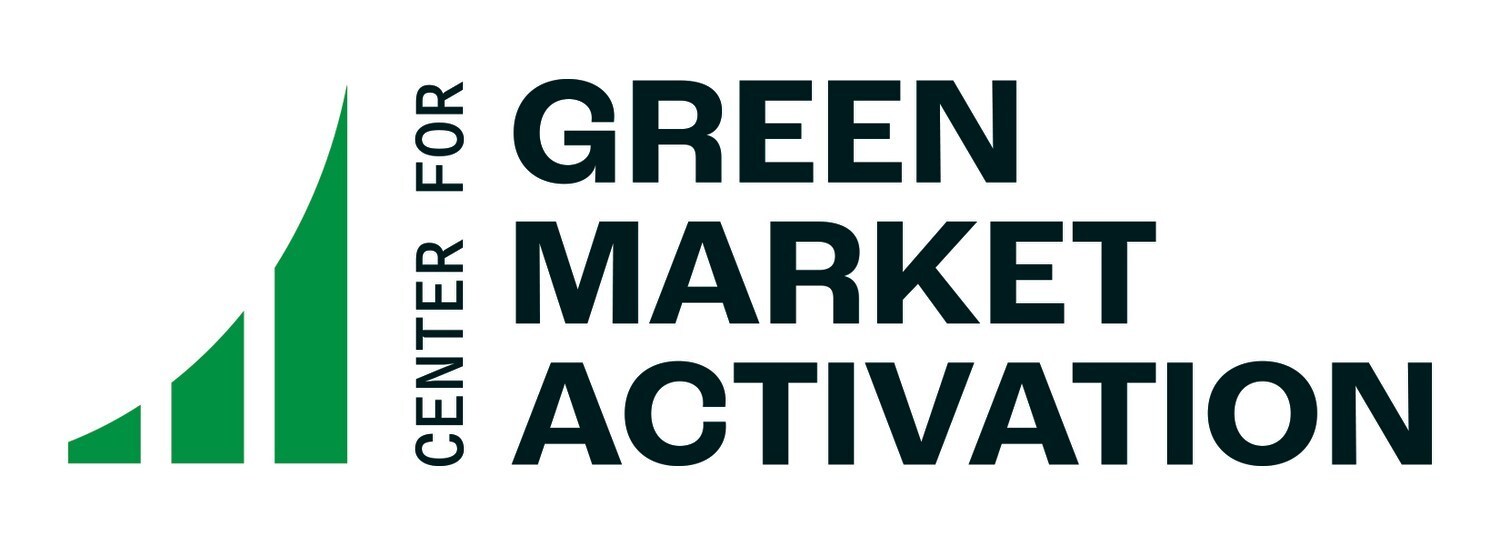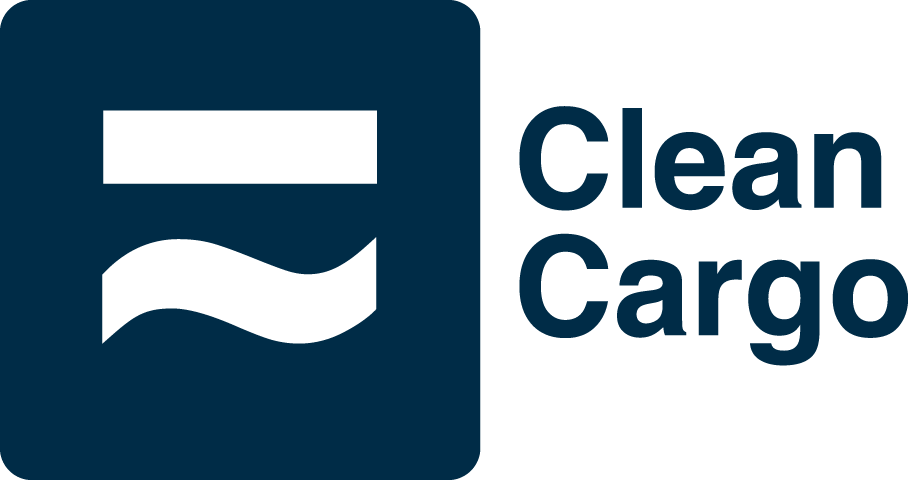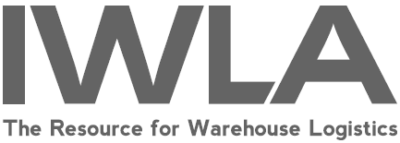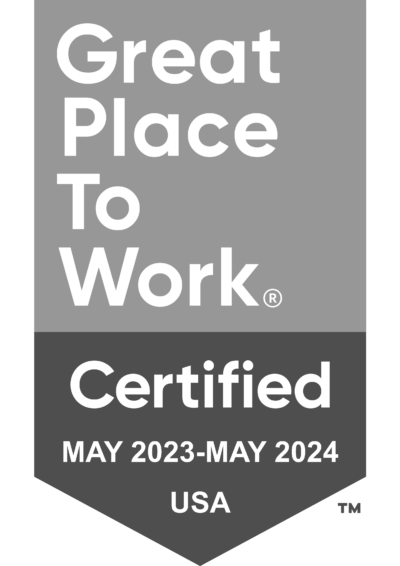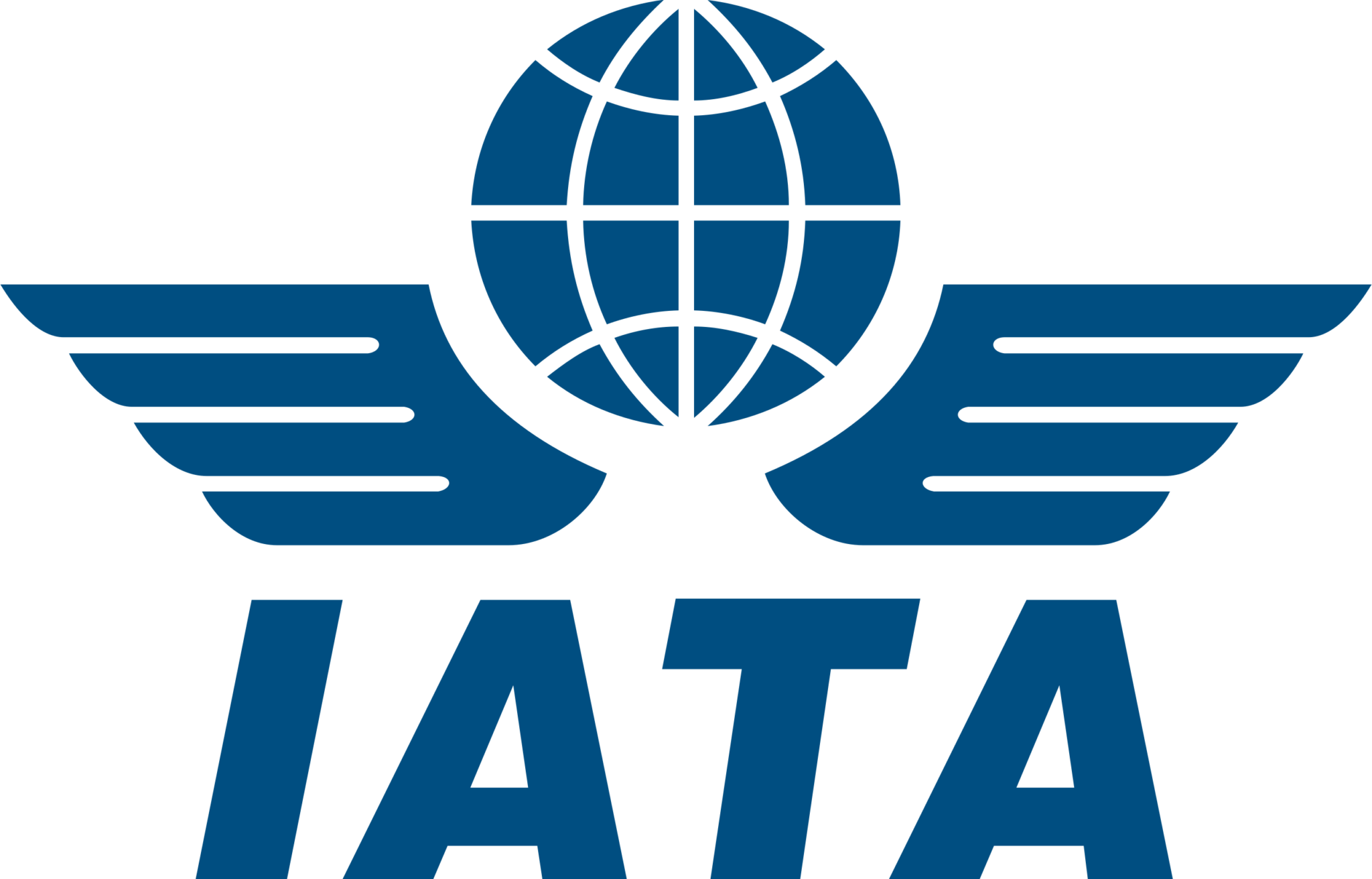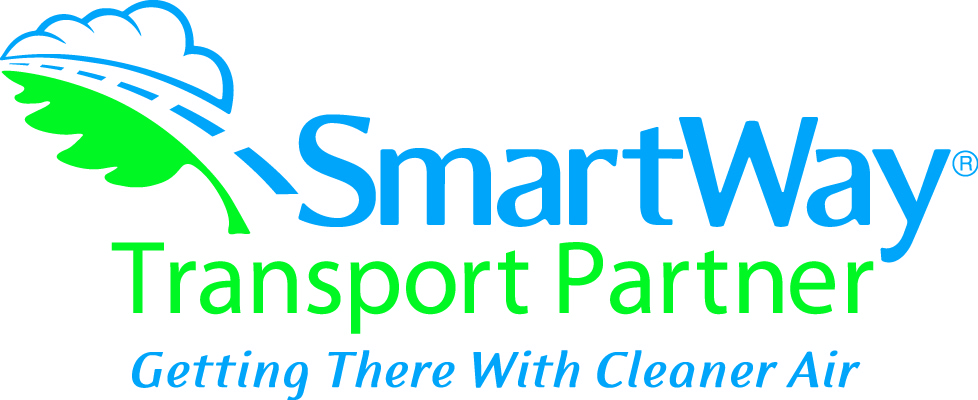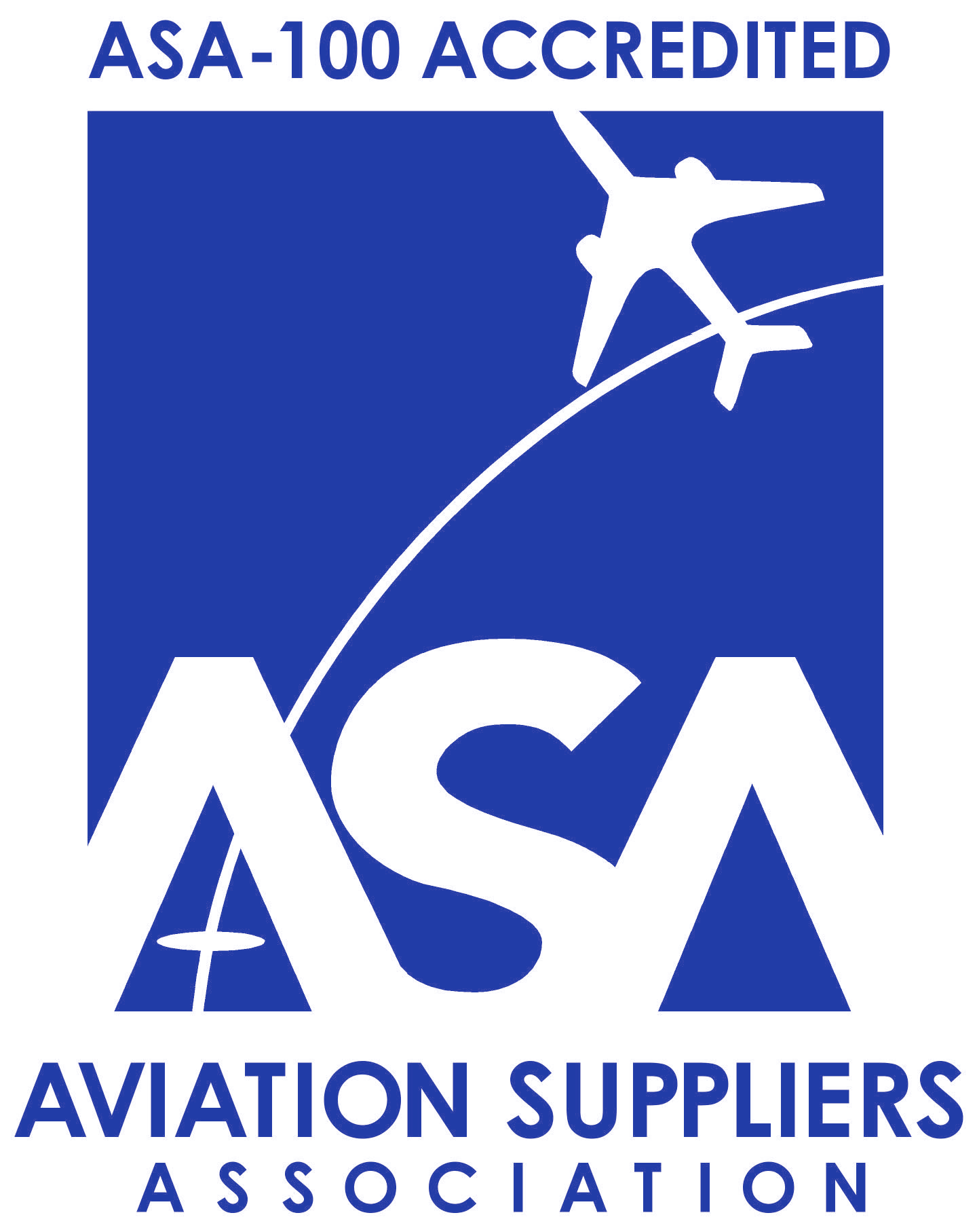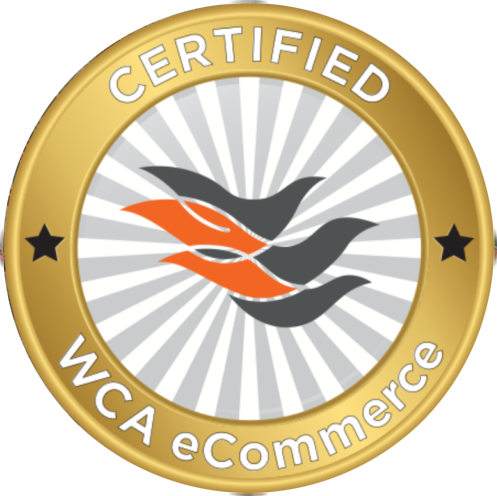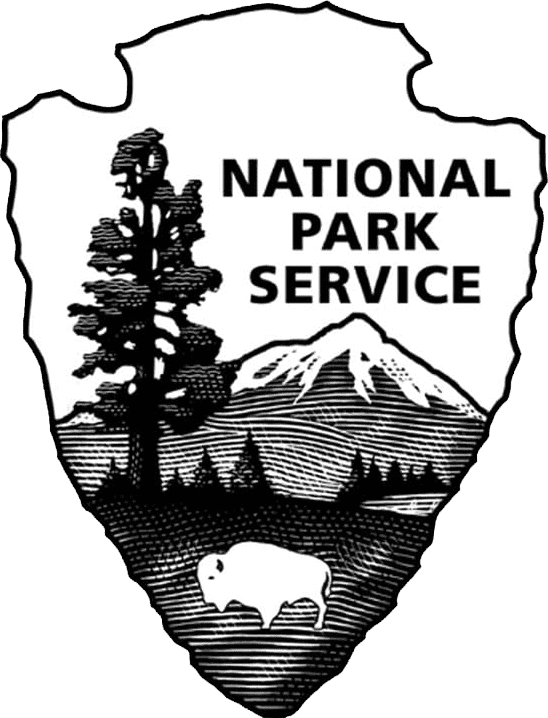SEARCH BY KEYWORD
What are the Pros and Cons of Different Transportation Modes?
WHAT ARE THE PROS AND CONS OF DIFFERENT TRANSPORTATION MODES? The four main transportation modes for moving freight are trucking, rail, cargo vessel, and air cargo. Each mode provides benefits to the shipper depending on the volume, type, and weight of the commodities shipped and the speed at which the freight must move. Rail and cargo vessels are fuel efficient and offer good rates for large volume and oversized/over-weight freight but require longer transit times. Trucking is typically faster than [...]
If a Container Is Discharging at the Port of Los Angeles but Being Put On the Rail to an Inland Destination, Does the Clean Truck Fee Apply?
YOU ASK, GREEN ANSWERS If a container is discharging at the Port of Los Angeles but being put on the rail to an inland destination, does the Clean Truck Fee apply? For full containers shipments that discharge at the Port of Los Angeles and subsequently move via inland point intermodal (IPI) rail service through an ocean carrier, the Clean Truck Fund Rate does not apply. Fact sheet/overview on Clean Truck Fund rate collection, beginning April 1, 2022. The Clean [...]
How Much Fits into a 40 Foot Shipping Container?
How much fits into a 40 foot shipping container? DIMENSIONS Internal Length: 39.5 feet Internal Width: 7.9 feet Internal Height: 7.9 feet Tare Weight:b 8,268.8 lbs Payload Capacity: 61,200 lbs Cubic Capacity: 67.7 cubic meters EXAMPLES 1,000-1,200 Standard Pallets 800-1,200 Euro Pallets 19,200 Wine Bottles 8,000 Shoe Boxes Stay up-to-date on freight news by following us on Facebook, Twitter, and LinkedIn, and make sure to check out our website at greenworldwide.com.
What is the Difference Between a Telex Release and a Standard Bill of Lading?
What is the difference between a Telex Release and a standard BOL (Bill of Lading)? BILL OF LADING A standard Bill of Lading (BOL) is a transferrable document issued by the carrier of a shipment that acts as a title for the goods during the transport process to ensure shippers receive payment and buyers receive their product. The BOL details the terms of sale and serves as a receipt and release mechanism for cargo. The Bill of Lading must [...]
What is the Difference Between a Port Omission and a Blank Sailing?
Port omission and blank sailing are both terms that refer to schedule exceptions. Schedule exceptions take place when a ship is unable to keep to its original schedule due to unforeseen occurrences, such as poor weather, port congestion, and technical issues. PORT OMISSION When a vessel operator decides to skip or omit a single port included in the Long-Term Schedule (LTS), it is referred to as a Port Omission. An LTS is based on the final Proforma Schedule and [...]
Does the U.S. Economy Benefit from Foreign Trade Zones?
Yes! The Foreign Trade Zone (FTZ) program was authorized by Congress in 1934. One of the purposes of the FTZ Program is to provide cost-saving benefits that incentivize U.S.-based economic activity and related employment that might otherwise occur abroad. Studies continue to show that the FTZ program has demonstrated positive economic impacts on the communities in which FTZs are located. Here are potential U.S. economic benefits when FTZ’s are established: New employment and wage increase in a community, including [...]
You Ask,
Green Answers

Don’t see the answer you’re looking for? Send it over to Green’s supply chain experts and we’ll answer your
question directly!
LATEST ARTICLES
Subscribe to the
Freight Market Update





